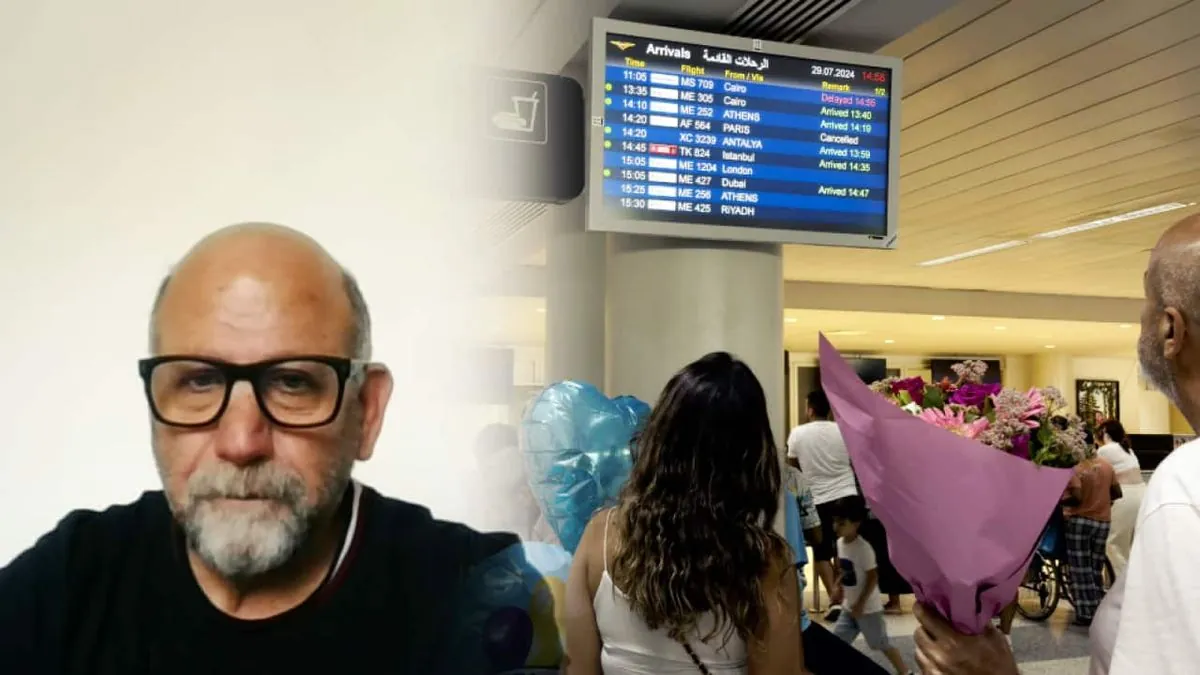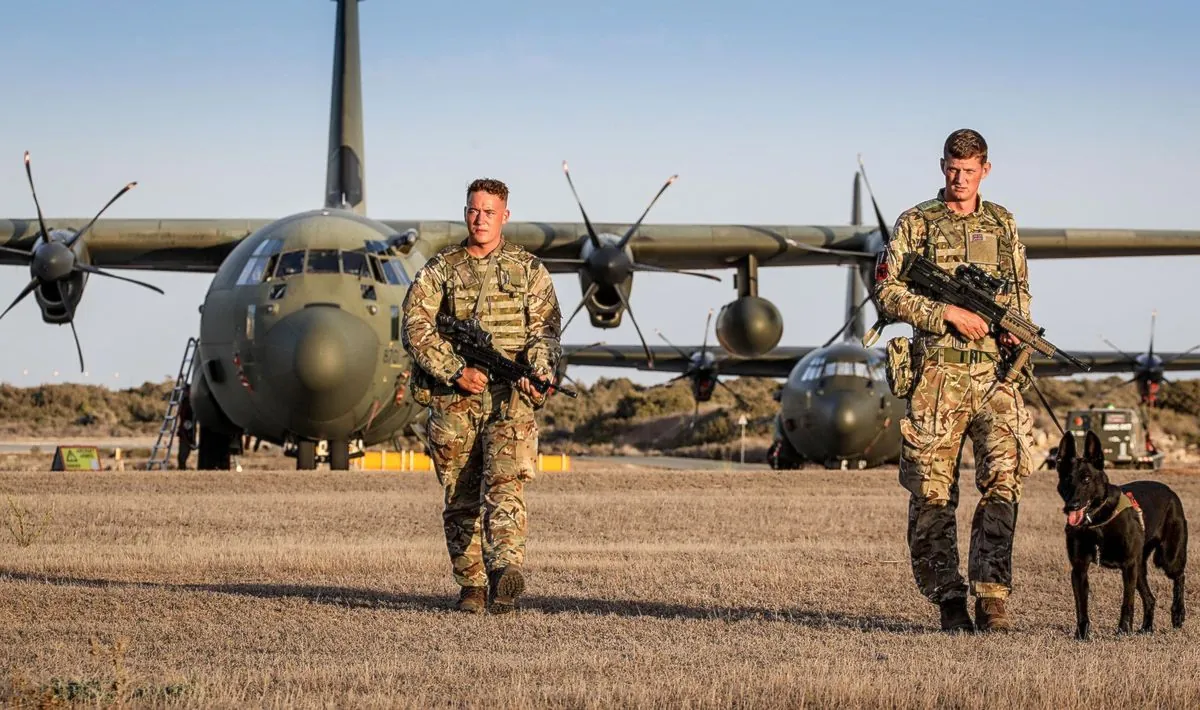Australia Secures Flights for Citizens' Exodus from Lebanon Amid Rising Tensions
Australia arranges flights for citizens to leave Lebanon as tensions escalate. Foreign Minister Penny Wong urges immediate departure, citing concerns over potential airport closure and worsening situation.

In a proactive move, the Australian government has secured airline seats for its citizens to depart from Lebanon, as announced by Penny Wong, the Foreign Minister, on October 3, 2024. This decision comes amidst growing concerns over the escalating situation in the region.
The Australian government has arranged 580 seats on flights scheduled for October 3 and October 5, 2024, catering to citizens, permanent residents, and their families who wish to leave Lebanon. This initiative follows previous evacuation efforts earlier in the week.
Wong emphasized the urgency of the situation, stating, "Please take whatever option is available to you. Now is not the time for you to wait and see, now is the time to leave." The government's call for evacuation has been ongoing for several weeks, reflecting the seriousness of the situation in Lebanon.
Lebanon, a country with a rich history dating back to ancient times, has been facing numerous challenges in recent years. The nation gained independence from France in 1943 and has since experienced significant political and economic turbulence. With a population of about 5.5 million as of 2024, Lebanon hosts the largest number of refugees per capita globally, adding to its complex socio-economic landscape.
Approximately 15,000 Australians typically reside in Lebanon, reflecting the strong ties between the two nations. Australia is home to a substantial Lebanese diaspora, many of whom maintain connections with their ancestral homeland. This large number of Australian residents in Lebanon has made the prospect of a government-sponsored evacuation particularly challenging.
The current evacuation efforts are focused on commercial flights while Beirut's airport remains operational. However, Wong expressed concern about the potential closure of the airport, which would significantly limit departure options. As a contingency measure, Australia has deployed military aircraft to Cyprus.

Lebanon's geopolitical situation has been precarious for decades. The country experienced a devastating 15-year civil war from 1975 to 1990, and has since faced periods of political instability and external conflicts. Despite these challenges, Lebanon boasts a rich cultural heritage, with five UNESCO World Heritage Sites and a cuisine renowned worldwide for dishes like tabbouleh and kibbeh.
The Australian government's decision to organize these flights comes at a time when Lebanon is grappling with a severe economic crisis that began in 2019. This crisis has compounded the challenges faced by residents and visitors alike, making the Australian government's evacuation efforts all the more critical.
Wong reiterated Australia's support for the U.S.-backed ceasefire plan in Lebanon, aimed at ending the "cycle of violence." However, it's worth noting that Israel has rejected this plan, adding another layer of complexity to the regional dynamics.
As the situation continues to evolve, the Australian government remains committed to ensuring the safety of its citizens. The coming days will be crucial as Australians in Lebanon decide whether to heed their government's urgent call to leave while commercial options are still available.
"We are very worried about the situation escalating. If Beirut airport closes the options for departing become even less."
This developing situation serves as a reminder of the volatile nature of geopolitics in the region and the importance of diplomatic efforts in maintaining peace and stability. As Lebanon navigates these challenging times, the international community watches closely, hoping for a peaceful resolution to the ongoing tensions.


































